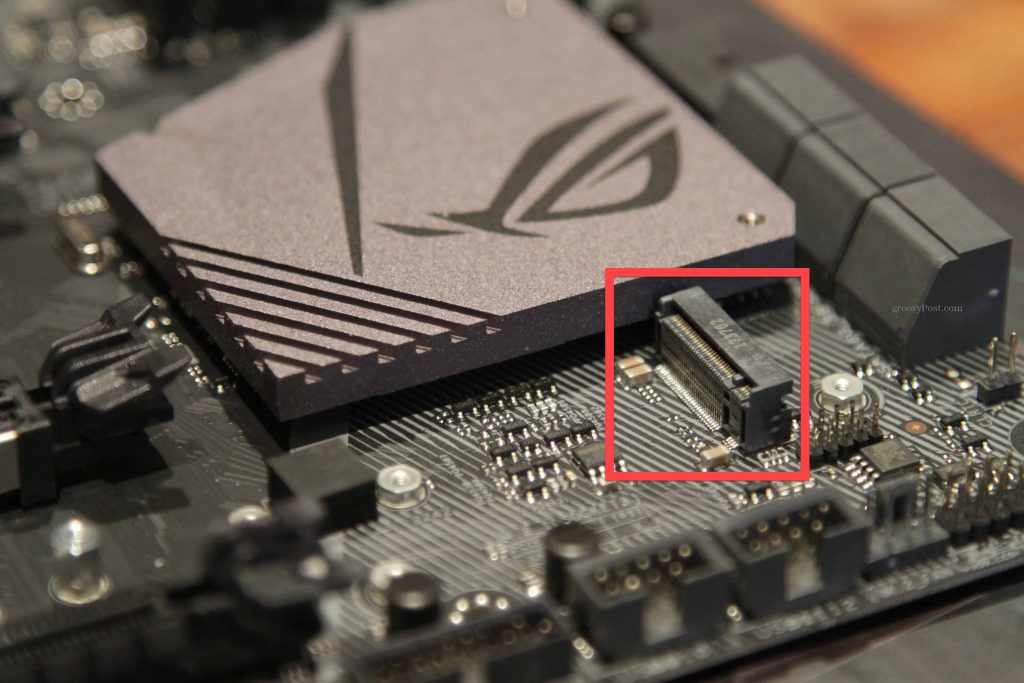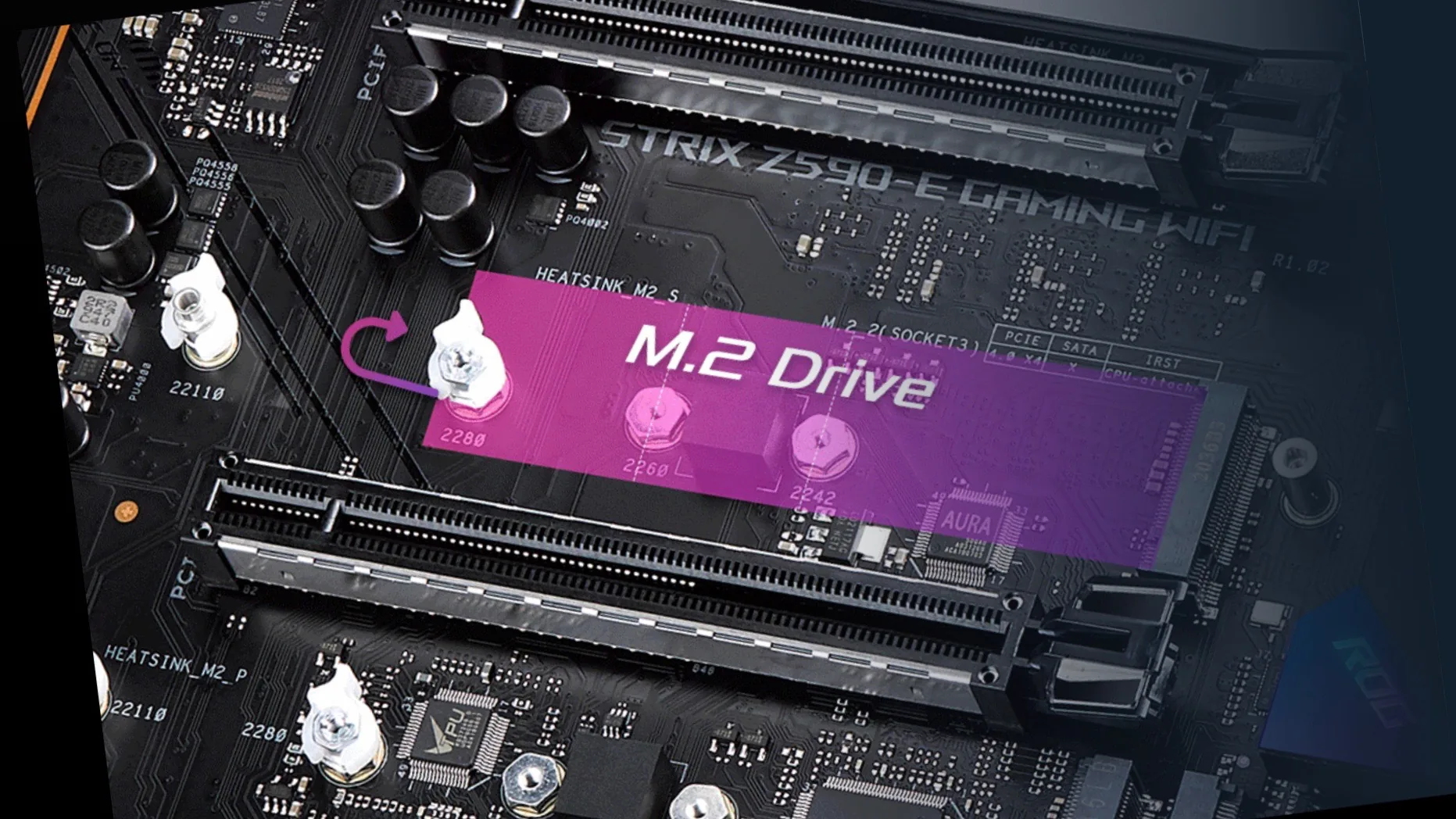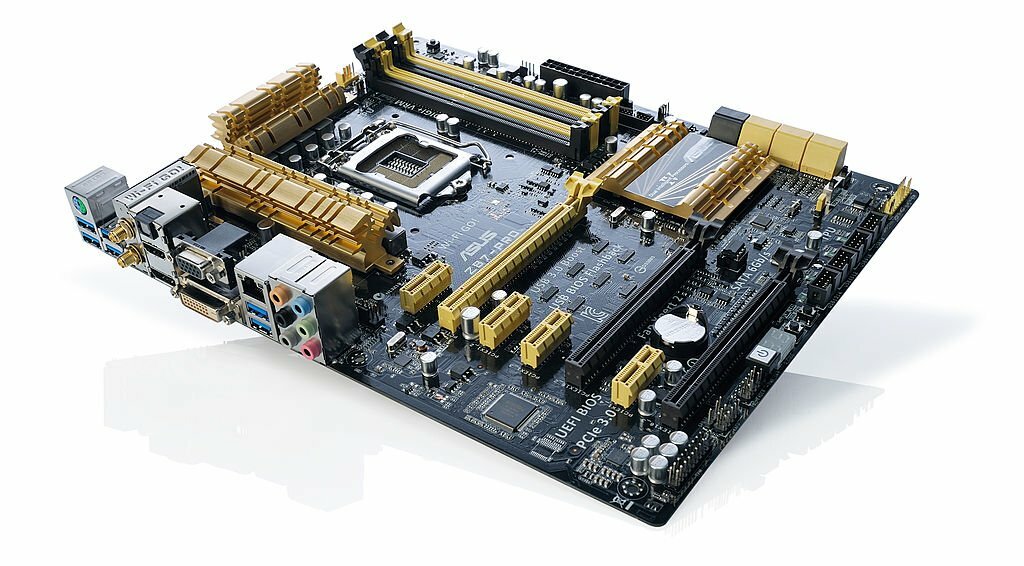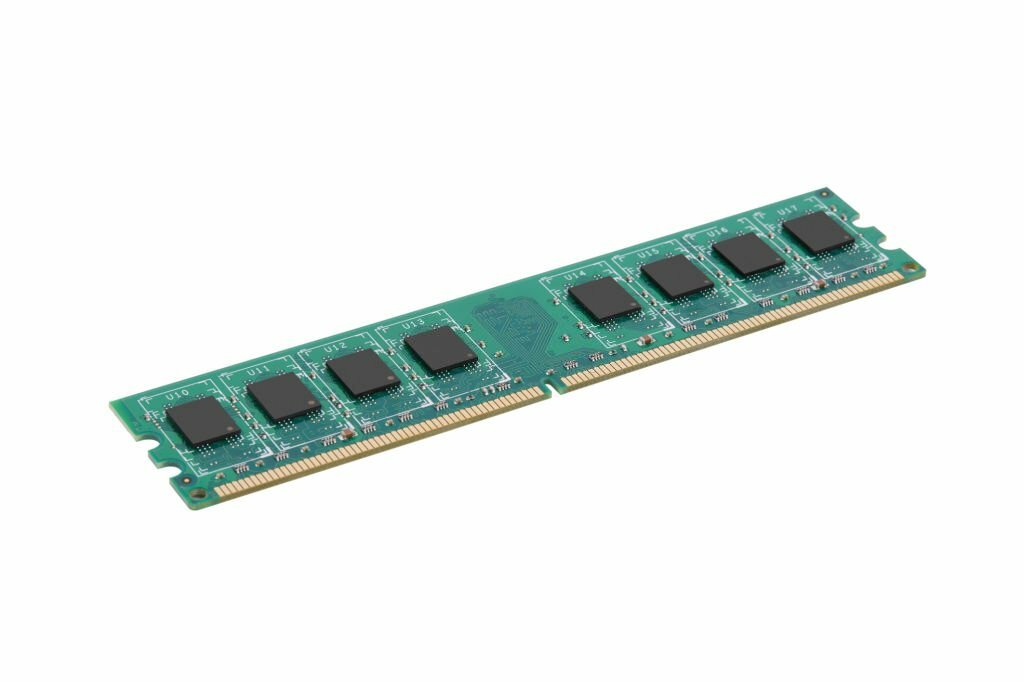How Many M.2 Slots on Motherboard?
Table of Contents
Discover the power of M.2 slots on motherboards! Learn how they boost speed and performance. Your guide to a faster PC.
In the rapidly evolving realm of technology, staying abreast of the latest strides in computer hardware holds paramount importance. A pivotal player in a system’s performance is the motherboard. If you’re curious about the quantity of M.2 slots on a motherboard and its implications for your system, you’ve landed in the right spot. Our comprehensive guide not only addresses your queries but also imparts valuable insights to optimize your motherboard’s potential.
How Many M.2 Slots on Motherboard?
The quantity of M.2 slots on a motherboard depends on its model and form factor. ATX motherboards commonly feature two to three M.2 slots, with high-end variants potentially offering four or even five. Mini-ITX boards, given their smaller size, usually provide one or two M.2 slots. When contemplating the installation of multiple M.2 SSDs, it is crucial to factor in the motherboard’s M.2 slot count.
| Motherboard Model | Number of M.2 Slots |
|---|---|
| ASUS ROG Strix Z690-A Gaming WiFi | 3 |
| MSI MPG B550M Mortar WiFi | 2 |
| Gigabyte B560M DS3H | 1 |
| ASRock B450M Pro4 | 1 |
What are M.2 Slots?
M.2 slots constitute a versatile interface enabling the connection of diverse components to a motherboard. These sleek slots accommodate an array of devices, including solid-state drives (SSDs), Wi-Fi cards, and various expansion cards. Known for their rapid data transfer rates and compact design, M.2 slots have gained popularity in contemporary computing. A fantastic read about Intelligent Electronic Device.

Significance in Modern Computing
In the ever-changing landscape of computing, the significance of M.2 slots has burgeoned. Motherboards boasting multiple M.2 slots confer a competitive advantage, meeting the escalating demand for swift storage solutions and efficient connectivity. Recognizing the number of M.2 slots on your motherboard proves crucial for upgrades, ensuring your system aligns with the requirements of current and forthcoming applications.
Assessing Your Motherboard
Checking M.2 Slot Availability
To determine how many M.2 slots are on your motherboard, refer to your motherboard’s specifications or user manual. Manufacturers provide detailed information on the available slots, their compatibility, and potential configurations. It’s essential to note that the number of M.2 slots can vary significantly between different motherboard models.
Single vs. Multiple M.2 Slots
Motherboards commonly come with either a single M.2 slot or multiple slots, each offering distinct advantages. A single slot may be sufficient for general use, but multiple slots allow for enhanced flexibility. Users interested in building a high-performance system or incorporating multiple storage solutions should opt for motherboards with multiple M.2 slots.
Advantages of Multiple M.2 Slots
Increased Storage Options
Having multiple M.2 slots opens up opportunities for expanding your storage capacity. This is especially beneficial for content creators, gamers, and professionals working with large files. SSDs connected through M.2 slots provide faster data access, contributing to improved overall system performance.
RAID Configurations
Enthusiasts seeking advanced storage configurations will appreciate motherboards with multiple M.2 slots that support RAID (Redundant Array of Independent Disks). RAID setups enhance data redundancy and performance, offering a level of reliability and speed that surpasses single-drive solutions.
Choosing the Right Motherboard
Considerations for Your Needs
When selecting a motherboard based on the M.2 slot count, it is essential to align your desire with your particular wishes. Gamers specializing in pace and responsiveness may also opt for a motherboard with twin M.2 slots, even as content creators can also gain from motherboards with three or more slots to deal with enormous garage needs.
Future-Proofing Your System
Investing in a motherboard with multiple M.2 slots isn’t always just about assembling your current necessities; it is a strategic circulate for future-proofing your system. As software and applications keep demanding higher performance and garage skills, a motherboard with ample M.2 slots guarantees your device can evolve with technological improvements.
Final Thought
In essence, comprehending the quantity of M.2 slots on a motherboard stands as a pivotal facet of fine-tuning your computer system. Whether you’re a casual user, gamer, or professional, the M.2 slot count directly influences your system’s storage capacity and overall performance. By evaluating your requirements, scrutinizing your motherboard’s specifications, and weighing the benefits of multiple slots, you can make informed decisions aligned with your computing aspirations.
People Also Ask
Which motherboard has an M.2 slot?
Numerous motherboards, including the majority of contemporary ATX and mini-ITX variants, feature M.2 slots. Verify your motherboard’s specifications to confirm the presence of an M.2 slot.
What are the 3 types of M.2 slots?
There are three primary categories of M.2 slots: B-key, M-key, and B+M-key. B-key slots are generally employed for SATA SSDs, while M-key slots are commonly utilized for NVMe SSDs. B+M-key slots are versatile and can accommodate either type of SSD.
How many M.2 slots does B550 have?
B550 motherboards typically have two M.2 slots. However, some motherboards may have only one M.2 slot, or up to three M.2 slots.
Which M.2 slot is faster?
M-key slots generally outpace B-key slots in speed, attributed to their utilization of PCI Express lanes. In contrast, B-key slots rely on SATA lanes, which have a lower data transfer rate. The superiority of PCI Express lanes lies in their capability to facilitate much faster data transfer compared to SATA lanes.
Is M.2 much faster than SSD?
Yes, M.2 SSDs generally outpace traditional SATA SSDs due to their utilization of PCI Express lanes, unlike SATA SSDs limited to SATA lanes. The superior data transfer capabilities of PCI Express lanes contribute to the notably faster performance of M.2 SSDs compared to their SATA counterparts.



